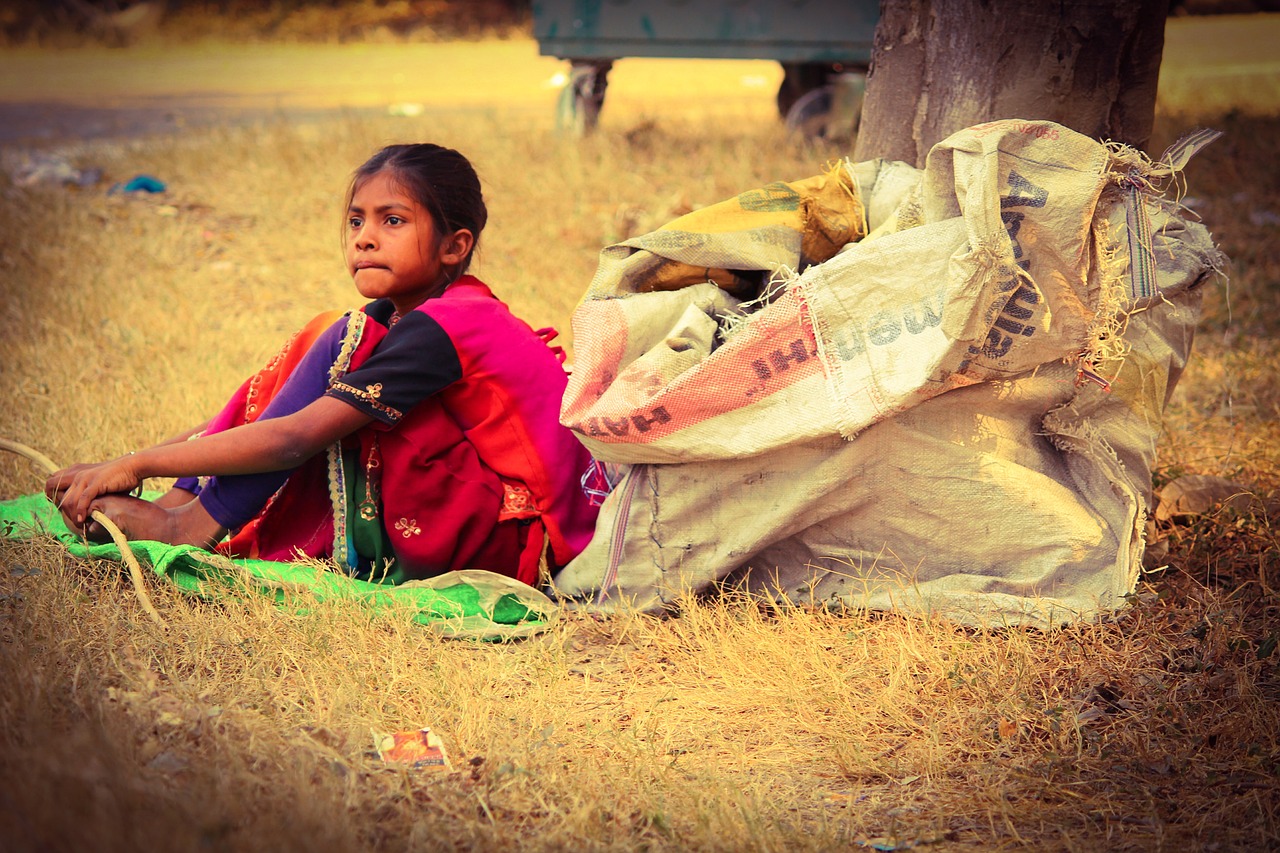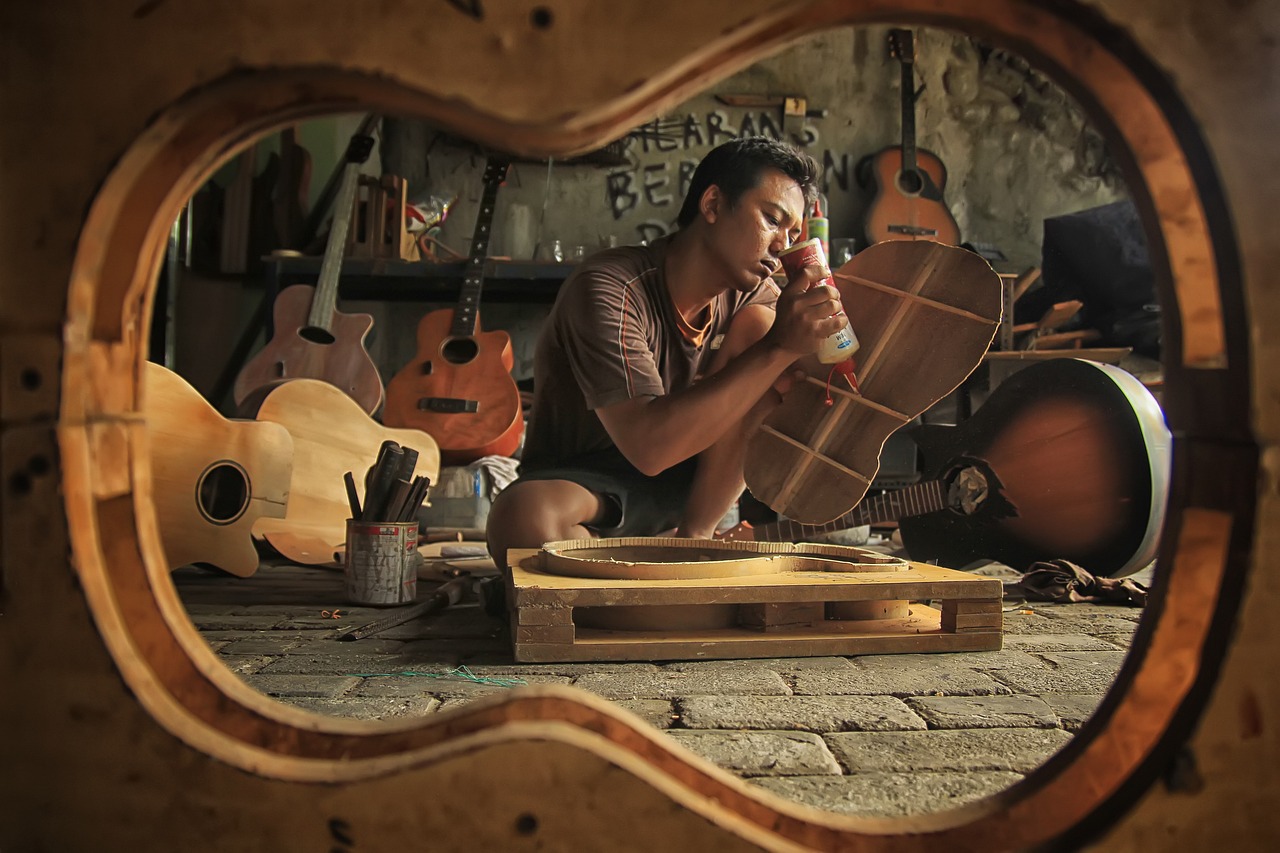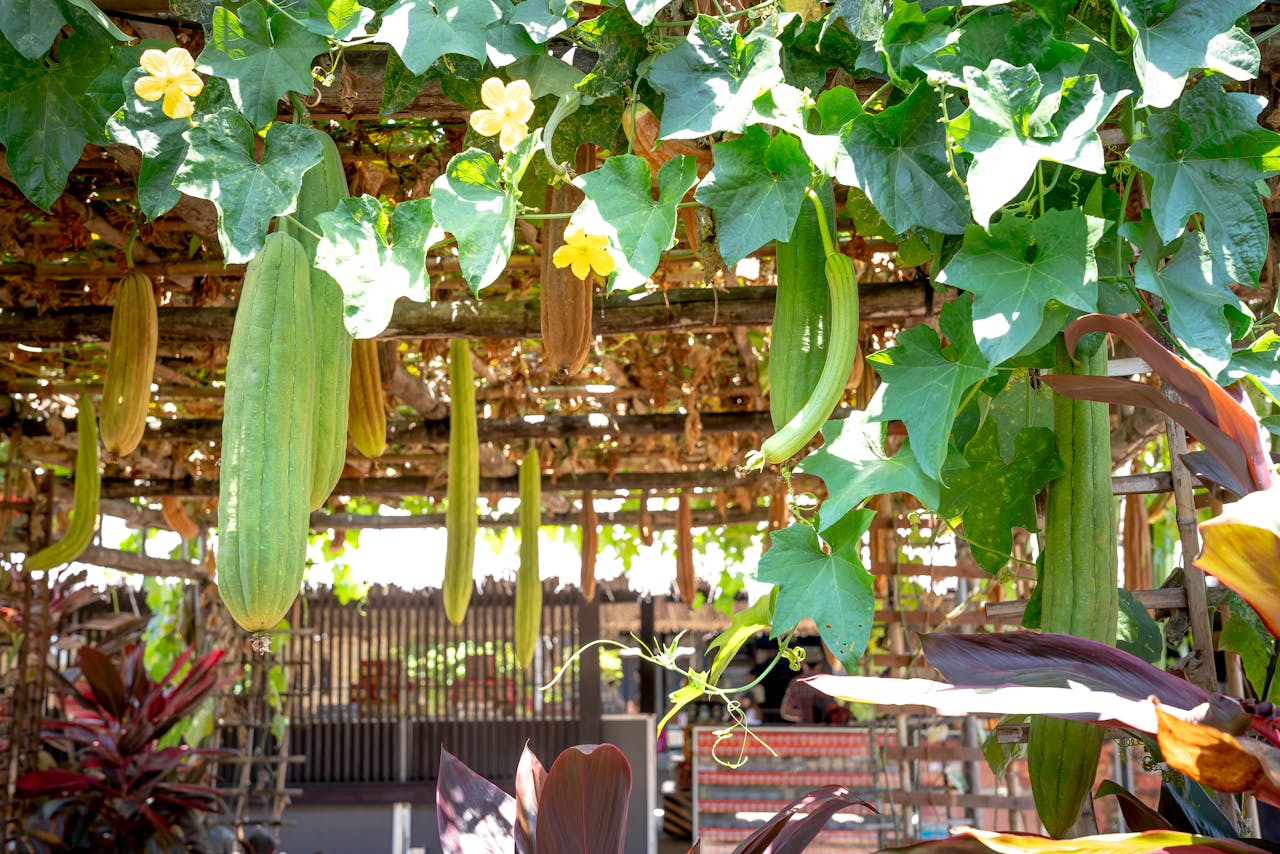YOUR CART IS EMPTY!
You’re the one in charge, stop giving away your power! 6 tips on how to make a difference in times of crisis as a single person
There are horrible things happening right now on our beloved planet. People killing each other, the most vulnerable individuals – children – are suffering hunger and homelessness, meaningless things are being produced using slavery and resources that cause conflicts and wars, our food, water and air are harmful for our bodies.

And yeah you’re right it’s always been this way. There’s always been wars, poverty and misery all around the world, we just didn’t have as developed broadcasting channels as now. But does it mean it should stay this way? Does it mean we should be okay with the negative patterns that we (thanks to media and communication services) are more and more aware of? What if all this negative information is now so easily accessible in order to make us aware of the injustice that’s going on, and to make us understand that THIS SHOULD END.
And I’m not talking about politicians saving our and our children’s ass3s from social, economic and ecological crises. There’s only one more powerful force in the world that could stop this and it’s the people. We together have the power over politicians and big concerns, because we create demand. Right now we’re creating a huge global demand for goods that involve using lots of fuel, natural resources and shamelessly low salaries; like clothing, accessories, furniture, cars and electronic devices. Things that are often produced in low income countries and have been transported back and forth a couple of times before arriving at your home.
So how do we take back that power? Let me tell you the easiest ways for you as a single person to make a difference and share in the comments if you have some more!
1. MINIMIZE YOUR CONSUMPTION
Our generation has not once or twice been called for a generation of consumers. And let’s face the truth we purchase way more than it is actually required for us to meet our needs. Do we really need 80 tons billions of new clothes every year? That’s the number of clothing pieces being purchased globally in a year (https://fashionunited.com/global-fashion-industry-statistics). Some would argue that it’s a way of compensating for our time spent at work, doing meaningless or not stimulating chores. So we need money in order to reward ourselves for time spent making that money. Does that make sense?
But is consumption a bad thing after all? Well, almost everything requires fuel, natural resources and human labour in its production. It’s a wonderful exchange to let a craftsman earn money for their work. But mass production and globalization of the supply chain have turned this exchange into exploitation causing harm to our planet and its people. Thanks to outsourcing production to low income countries the craftsman has become just a no maintenance part of the process, hardly making a living despite working 7 days a week.
In order to introduce a more fair trade of goods and minimize its damaging aftermath we should give a second thought to everything we buy, and if we decide to buy something new, make sure that we know how and where the product was produced. So it would involve finding responsible companies that are transparent with their supply chain.
2. SUPPORT LOCALS
The ultimate solution is of course supporting local companies and services working with quality sustainable products. For example by buying locally grown and produced food you support the national self-sufficiency tremendously and help strengthen this industry so that the country would be more likely to provide for all citizens in times of crisis. Additionally you lower the CO2 emissions by reducing long distance transports and don’t support unfair wages for workers in agriculture in developing countries.
If you want to treat yourself, instead of buying an expensive Louis Vitton bag that probably hasn’t been produced with consideration of nor the environment or the workers, book a spa weekend in your country, go get yourself that tattoo you always wanted, let a skillful tailor sew you a bag or a piece of clothing or order custom made jewelry from a local goldsmith.

3. BUY SECOND HAND
That’s a big one. We throw away crazy amounts of unwanted clothes, accessories, equipment and so on. Instead of letting them end up in a gigantic dump in Africa or South America by putting it into some “recycling” containers or at H&M’s recycling bin, try to sell it online or give it to a nearby second hand store.
And vice versa, let second hands, Facebooks marketplace and apps with used clothes like Plick, Sellpy (in Sweden) or Vinted (available in more countries) become your first hand choice when you need to buy something.
4. EXCHANGE GOODS AND SERVICES
Don’t wanna be so dependent on banks and needing to have a full time job for economical security? Start to discover what people around you have to offer. Maybe someone nearby is a graphic designer, a haircutter, passionate about baking sourdough bread or can fix your car. Think then of what is your expertise or what would you like to be good at that others could benefit from. Maybe next time you go for a nail appointment you can pay by baking a cake for their birthday party. It’s a win-win!
The hardest part is to know what people have to offer and what they are interested in getting in return. A great way to learn about that is opening a local exchange group online or organizing a coming together with the purpose to connect and show up everyone’s hidden (or not) talents.
5. LEARN ABOUT SUBSISTENCE HOMESTEAD AND BUILD ECONOMICAL INDEPENDENCY
The level of householding can vary heavily, from having a self sufficient farm to living in an apartment but taking all possible actions to minimize one’s vulnerability and dependency when it comes to public services. The rule is simple – you learn to provide as many required resources for yourself as you can by interacting with your closest environment. What does that mean practically?
Making pesto of ramson you bring from forrest instead of buying a one use pot with basil, implementing no waste solutions like using banana peel as plant fertilizer, making your own cleaning detergents from environment safe common products such as baking soda, vinegar, soap and etheric oils – are some of the examples. But the more you learn about growing food or animal breeding if applicable, the more power you take back from big concerns and their dirty ways of modifying and poisoning our food, polluting earth, air and water.
And when you become very good at maintaining your household, applied with the other tips you’ll see a significant drop in your expenses.

6. SPREAD AWARENESS
I don’t think any of us would consciously donate money to organs responsible for killing people just to get access to oil fields or other mineral deposits, causing hunger and separation, practicing child labour, enslaving people or not meeting workers’ most basic humanitarian needs. Yet tragically we all do it on a daily basis just because their products are on the shelves in our supermarkets and malls. They don’t put the information out into public on how things are produced and by whom, not talking about printing it on product labels.
That’s why we need to be smarter and do the research by ourselves. Share information on which companies to not support with our friends and family.
One person cannot do it all but we all can do something. Together we can show ‘em who is in charge.
Lämna ett svar